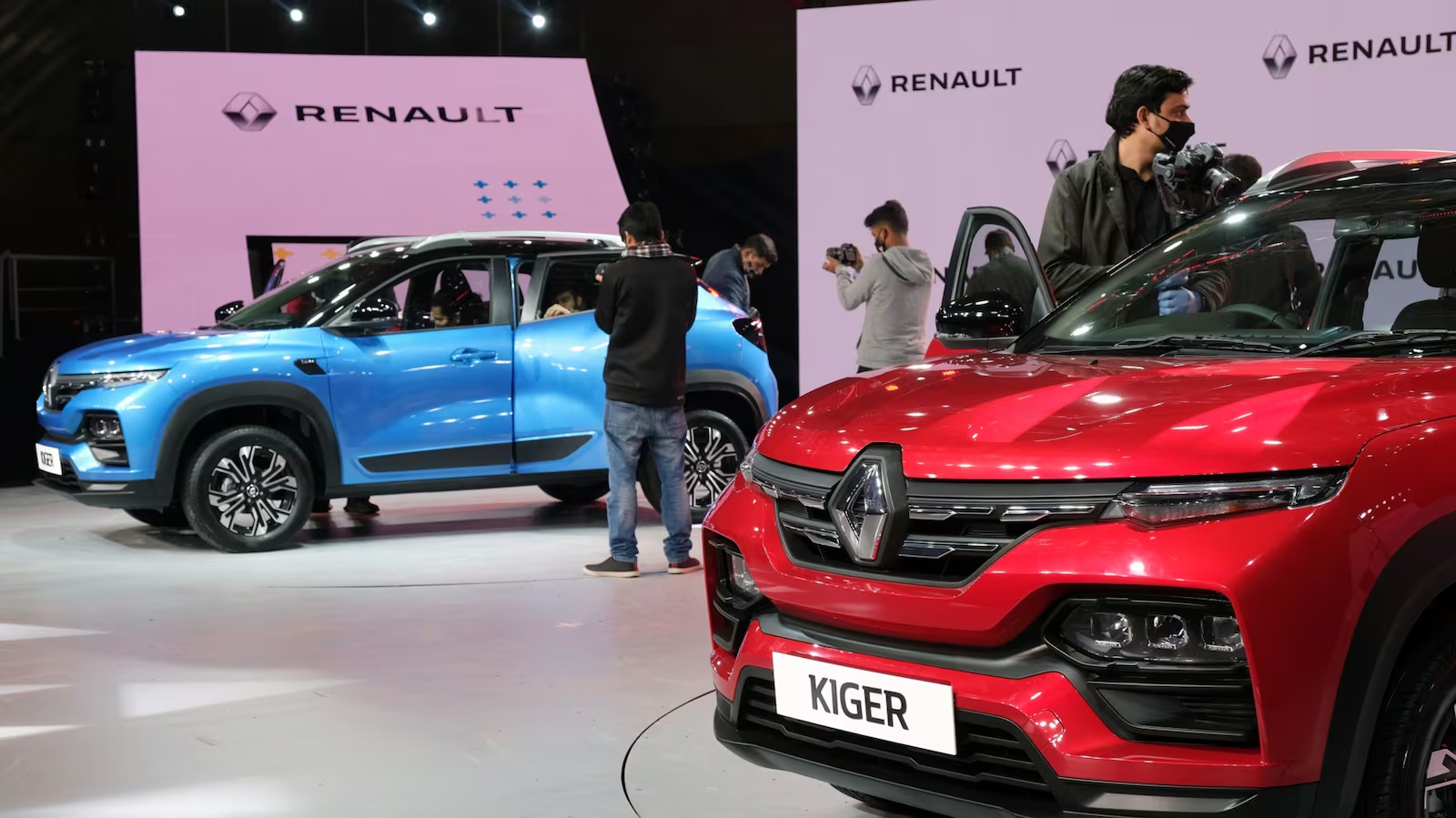
Renault CHENNAI, India — Renault Group is targeting annual sales of 500,000cars in India by 2030 — or more than 12 times the current level — as part of a renewed push to revive its long-struggling business in the world’s third-largest car market.
Renault Sets Ambitious Goal: 500,000 Car Sales in India by 2030
CHENNAI, India — In a bold move to rejuvenate its presence in one of the fastest-growing automotive markets, Renault Group has announced an aggressive target to sell 500,000 vehicles annually in India by 2030. This represents a 12-fold increase over its current sales volume, underscoring the French automaker’s commitment to long-term growth in the world’s third-largest car market.
The announcement marks a significant strategic pivot for Renault, which has faced years of sluggish performance in India due to intense competition, shifting consumer preferences, and a rapidly evolving regulatory landscape. Now, the company is betting big on local innovation, increased localization, and a refreshed product lineup — including new models tailored to Indian consumers.
Renault plans to leverage its alliance with Nissan, invest in new technologies, and expand its manufacturing capabilities in the country. The push aligns with India’s booming demand for affordable, fuel-efficient vehicles and the growing interest in electric mobility.
With this ambitious goal, Renault joins a growing list of global automakers eyeing India as a key pillar of future growth. If successful, the turnaround could not only transform Renault’s fortunes in the region but also reshape the competitive dynamics of the Indian auto industry.
Renault Group has unveiled an ambitious plan to significantly expand its presence in the Indian automotive market. Following its decision to acquire Nissan’s remaining 51% stake in their Indian joint venture, Renault Nissan Automotive India Pvt Ltd (RNAIPL), Renault now aims to sell 500,000 vehicles annually in India by 2030—a substantial increase from the 38,000 units sold in the fiscal year ending March 2025 .
This strategic move grants Renault full control over the Chennai-based manufacturing facility, which boasts an annual production capacity exceeding 400,000 vehicles . The facility is set to play a pivotal role in Renault’s expansion plans, including the introduction of four new models based on the CMF-B platform starting next year .
Renault’s CEO, Venkatram Mamillapalle, emphasized the company’s shift from a cautious approach to a more aggressive strategy in India, aiming to capture a 5% market share by 2030 . The company also plans to leverage its Chennai Design Centre—the largest outside France—to develop vehicles tailored to Indian consumers .
While Renault takes full ownership of RNAIPL, Nissan will continue to utilize the facility for vehicle production and exports. Additionally, both companies will maintain their collaboration through the Renault Nissan Technology & Business Center India (RNTBCI), with Renault holding a 51% stake and Nissan 49% .
This comprehensive strategy underscores Renault’s commitment to strengthening its footprint in India, focusing on localized manufacturing, product development, and a deeper understanding of the Indian market to achieve its ambitious sales targets.
Renault’s renewed strategy for India marks a significant shift in its global growth ambitions, especially after acquiring Nissan’s 51% stake in their Indian joint venture, Renault Nissan Automotive India Pvt Ltd (RNAIPL). With full ownership of the Chennai-based manufacturing facility—boasting an annual capacity of over 400,000 vehicles—Renault now has greater flexibility and control over operations, allowing it to streamline production, localize more aggressively, and rapidly scale up its product lineup.
The company has set an ambitious target of achieving 500,000 annual car sales in India by 2030, up from just 38,000 units sold in FY 2024–25. This growth is expected to come from a combination of factors: the launch of four new models based on the CMF-B platform, increased localization of components, and a sharper focus on customer-centric design and innovation through the Chennai Design Center, Renault’s largest such facility outside France.
Renault India CEO Venkatram Mamillapalle has emphasized that the brand is moving from a “conservative” to an “aggressive” strategy in India. The company aims to capture at least 5% of the Indian passenger vehicle market, which continues to be one of the fastest-growing automotive markets globally.
While Renault now solely owns the production facility, Nissan will still use the same plant to manufacture vehicles for domestic sales and exports. The two companies will also continue their collaboration through the Renault Nissan Technology and Business Centre India (RNTBCI), where Renault will hold a 51% stake. This center will play a critical role in R&D, design, and digital services.
Renault’s push in India is part of a broader global reorganization and a renewed focus on high-potential emerging markets. With favorable government policies, a growing middle class, and rising demand for affordable yet feature-rich vehicles, India offers a lucrative opportunity. By leveraging its global expertise while tailoring products for local preferences, Renault hopes to become a key player in India’s auto sector over the next five years.



Wow